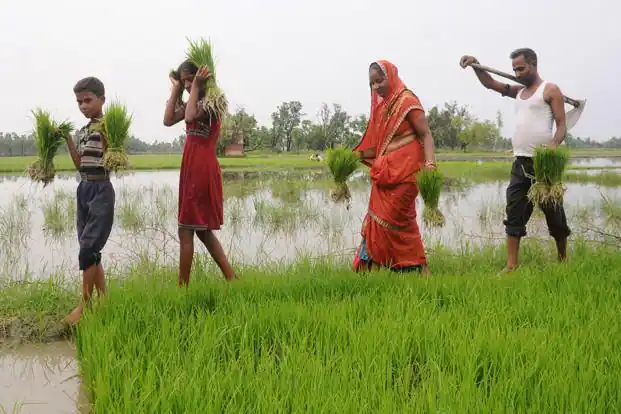Agriculture plays a very important role in ensuring food security and the economy. And family farming is the heart of sustainable food system with the youth driving agriculture forward. It is the younger generations that ensure the future of family farming.
In a study by Nandi et. al. on farm parent and youth aspirations on the generational succession of farming in South India in two rural sites, parents play a vital role in the intergenerational transmission of aspirations. But these parental aspirations are often not realized and challenged by youth in some instances. The study looked into the challenges confronted by smallholder farmers; the aspirations of farm parents for their children, especially education and succession in family farming; the perceived challenges to the engagement of rural youth in family farming; and the potential solutions to address the aspiration failures in farming.
According to the study, the challenges confronted by smallholder farmers include income instability, ownership of land and access to resources and services. Farm parents aspires that their children have higher education and good urban jobs. Rather than a career in agriculture, farm parents want their children to have safe and secure lives, with regular incomes to meet their family’s needs.
Although in the study, aspirations of parents and the youth differ quite significantly across sites and generations. In Telangana, the site being closer to urban areas, youth prefer non-farm livelihoods, while youth in the coastal Tamil Nadu, are interested to continue farming innovatively in addition to seasonal non-farm employment outside the villages.
In terms of perceived challenges to the engagement of rural youth in family farming, cited in the study included lack of motivation/ interest, lack of dignity for labor, lack of social acceptance, among others. But inspite of these perceived challenges, the youth appears interested to continue farming innovatively in addition to seasonal non-farm employment outside the villages.
Alongside these challenges, both farm parents and youth spoke of potential solutions. Some of the suggested solutions were the need for pro-farmer policies and the need for subsidies for farm machinery and training and capacity building of rural youth in entrepreneurial agriculture, Some of the youth mentioned about government policies if were supportive, their parents might not discourage them from continuing in farming.
To know more about the study, access the article here.
Photo: Hindustan Times

